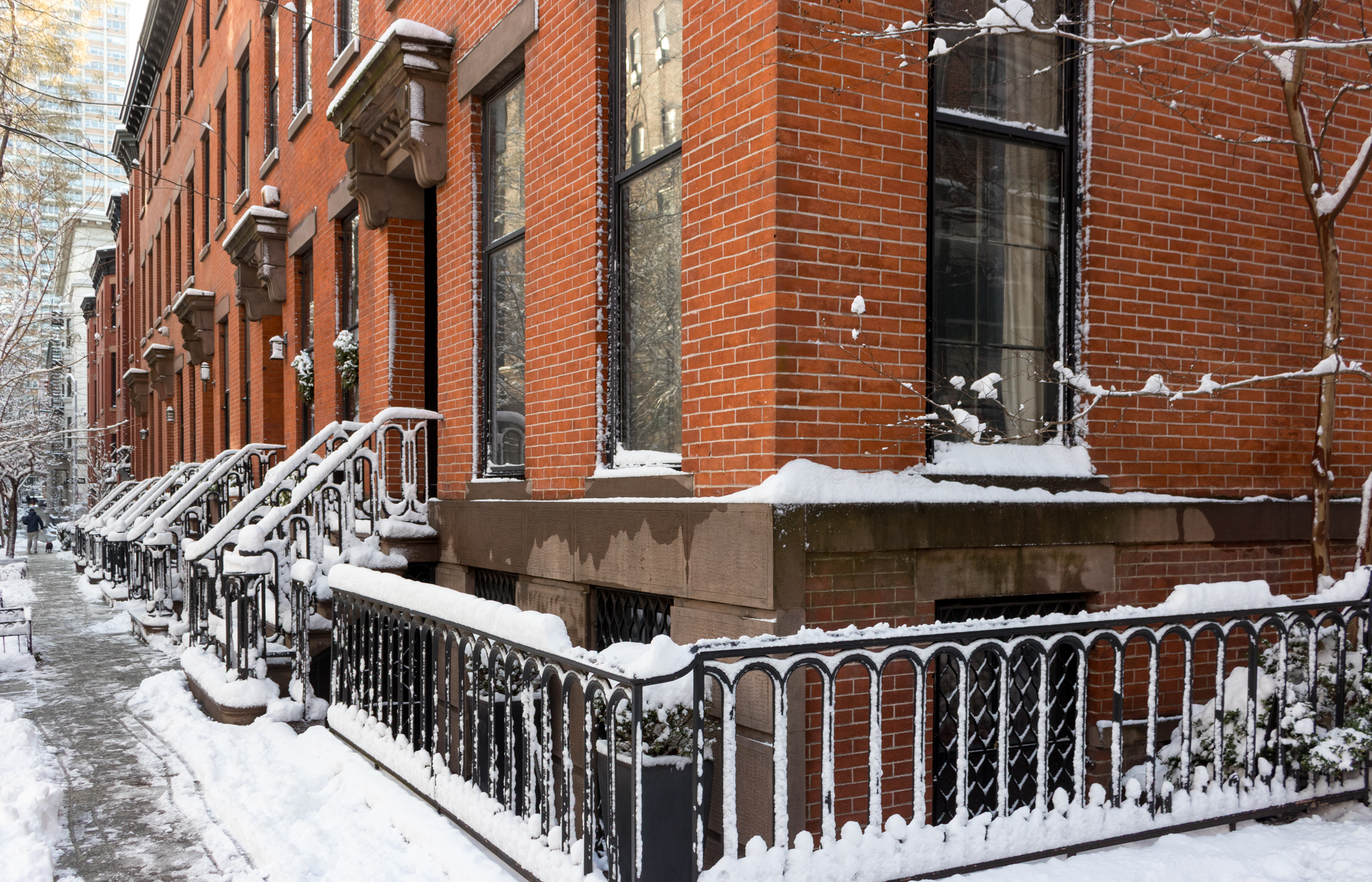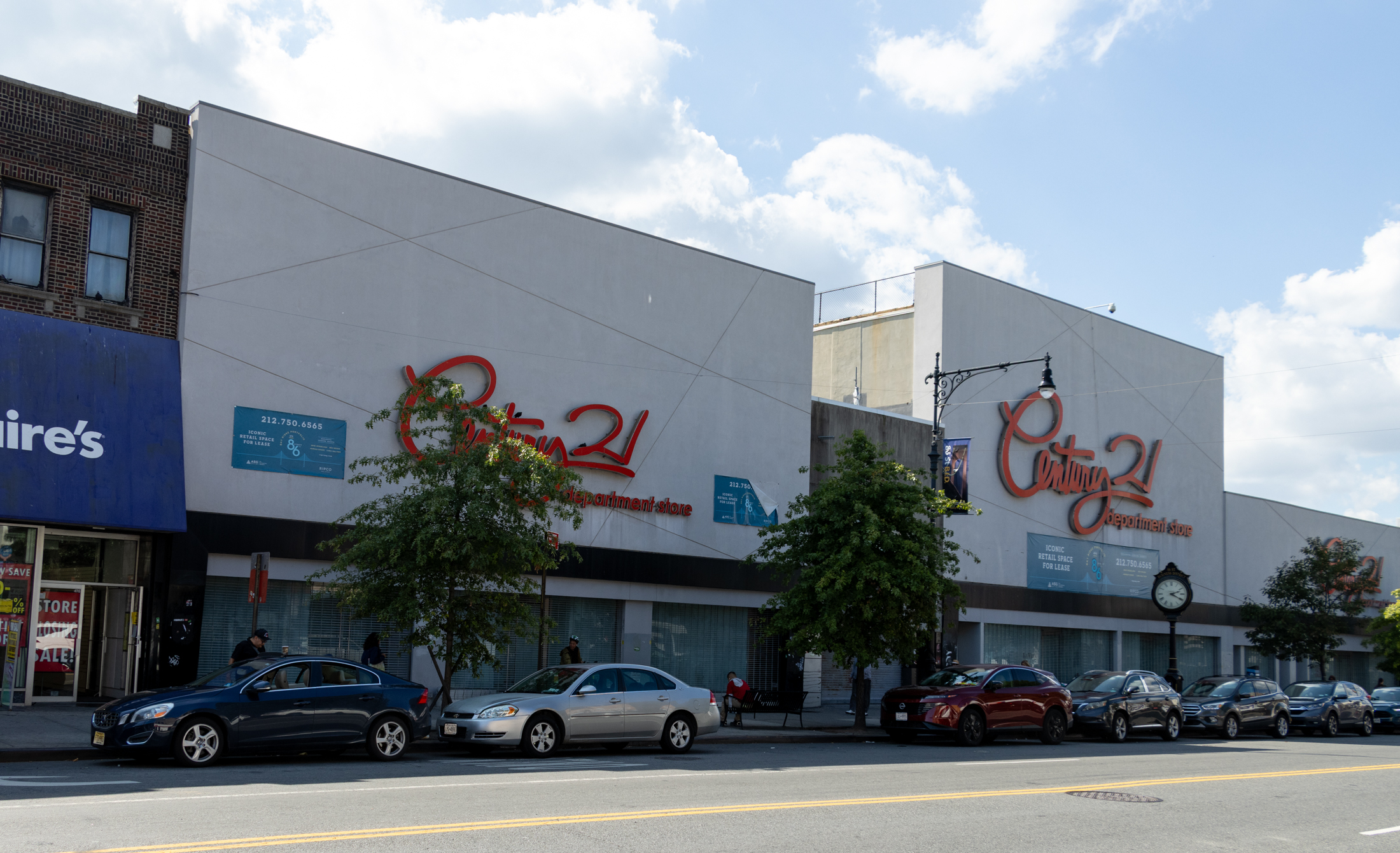Faulty Towers: Complaints About Condos on the Rise
Lawsuits against developers and complaints over construction defects at new condos have increased greatly, according to the Times, and are likely to skyrocket over the next couple years. The reasons for the uptick in unhappy owners are obvious—condo fever resulted in plenty of rushed, problem-plagued buildings but at the same time developers were more likely…


Lawsuits against developers and complaints over construction defects at new condos have increased greatly, according to the Times, and are likely to skyrocket over the next couple years. The reasons for the uptick in unhappy owners are obvious—condo fever resulted in plenty of rushed, problem-plagued buildings but at the same time developers were more likely to fix problems in flusher times—and tied to a three-year statute of limitations on suing developers for negligence. The article zeroes in on one Brooklyn building, the Broadway Arms in Williamsburg, above, where owners filed suit against the developer. The condo has had leaky roofs, unstable balconies and a faulty ventilation system. Owners in the building, according to their lawyer, have filed suit because they want to to protect their investments: “They want to make sure they get the value they were promised for their units when they bought it.”
Your New Condo Leaks? Join the Club [NY Times]





“Reminds me of the good old days when I used to get into long arguments with a reader named David”
MM,
Heck, what about iceberg, erixumeuszzyydysjd (whatever) and polemist.
There we’re some good old “tear them down, build them up (shoddily)” arguments.
Ah, the old days.
Four words come to mind: we told you so.
Sad, isn’t it.
As I have said time and time again, my late 1800’s frame will last longer than any of the NB in the past 5 years, hand down.
David/fsrg – no wonder we get on so well! 🙂 Seriously, glad you’re still around to spar with. I never would have made the connection.
Assinine comment, fsrq.
DIBS – please go back and ask the first time owners of the Brownstones how many leaks, building defects and problems they faced – oh yeah you cant – they are all dead – convenient.
Unlike a car, the 1st owner of almost any home faces many ‘teething’ problems – it is true now and has ALWAYS been so. No story here….
MM – that David is and was ME – sorry
MM- a home inspection would not have sufficed. many of the problems are behind walls. the self-cert process is supposed to handle that, however, these developers often used architects that couldn’t even sign their names; not sure if they could read the forms they were signing…
Benson- did your issues with Mr Boymel*** include the flooded out lower units or the problems caused by the 12 story monster next door on 2nd street? i know folks in the bldgs and i think they would disagree on the scope of the problem…
i had a similar experience with this other Mr B. and i can assure you that early action proved the correct route to go.
any rate, teetering on edge of bankruptcy is an understatement. he’s toast. no money there. at this point, your condo really should stop paying for legal advice. even if you get a judgement, you’ll not collect one red cent.
Good story, benson. It sounds like the developer was reasonable initially and I suspect your assesment of the problems that occurred later is probably correct. What is the total amount of money they’ve spent on legal fees??? When will they learn???
I read this article with great interest, as an owner of a new condo. I thought the article lacked perspective, and was more-or-less an advertisement for the condo lawyers. I can’t speak for other buildings, but I’ll relate my own experience, and I don’t think it is a-typical.
My condominium was built in the early part of the bubble (2004), by one of the most famous Brooklyn developers associated with that recently-departed era. We purchased our units at $500/square feet, and I consider it to be a quality product. Recent resales are around $725/sq ft – about a 45% upside.
I was the president of the first board, and we took over from the developer/sponsor after about 1/2 year. Soon after we moved in, two major problems became obvious, though neither was structural in nature. One was immediately fixed by the sponsor without prompting, the other after protests from the owners.
After these obvious problems were fixed, we hired an engineer to assess the building, to determine if there were any remaining, not-so-obvious issues. He developed a list of minor punch-list items that totalled about 1% of the original purchase price of the buildings. I advocated that we negotiate with the sponsor on these issues. Over the next 1`/2 year, he fixed about half of these items, so we had miscellaneous small issues that came to about 0.5% of the purchase price.
After these fixes, the sponsor dragged his feet with the remaining problems. Two things became obvious: a) as the bubble continued to heat up, he was having problems finding reliable contracters willing to take on this small work; b) I sensed that the sponsor/developer was running into financial trouble.
I continued to advocate that negotiation was the best way. My point was that even if we had to swallow this 0.5% in punch list costs, we were still way ahead of the game. We had hit the real estate cycle right: we had purchased a quality product at a good price point, and now we had 44% upside. It also seemed to me that this amount did not warrant the expense of a lawsuit.
I could not sell this proposition to the other shareholders, and had to resign the board under fire. The subsequent boards have hired lawyers, who, of course, are more than happy to advise them that they deserve everything that they were promised in the contract. Of course, that advice comes at a fee of $350/hr. Well, here we are, a few years later, plenty of money has been spent on lawyers, and nothing has happened ( in terms of the developer fixing these remaining problems). Meanwhile, the developer is now teetering on the verge of bankruptcy.
In summary, reason often doesn’t prevail in these situations. There is a sense of entitlement that seems to infect all NY real estate, be it condo purchasers or rent stabilization tenants.
Reminds me of the good old days when I used to get into long arguments with a reader named David over what was better, 100 year old brownstone construction, or new construction. He really hated plaster walls. Not saying old is always better, or new is always crap, but when people were rushing out to buy any unit with a granite countertop and a Toto toilet, and not getting an inspection, or really seeing anything beyond shiny, shiny, new, new, it stands to reason that developers cutting corners, especially those new to the business, or only out to make a buck, would be having these problems. Even if they weren’t cutting corners, stuff happens.
All home purchases need qualified inspections before buying. It should be a law.
Good luck with that. Try and get rob to quit too.